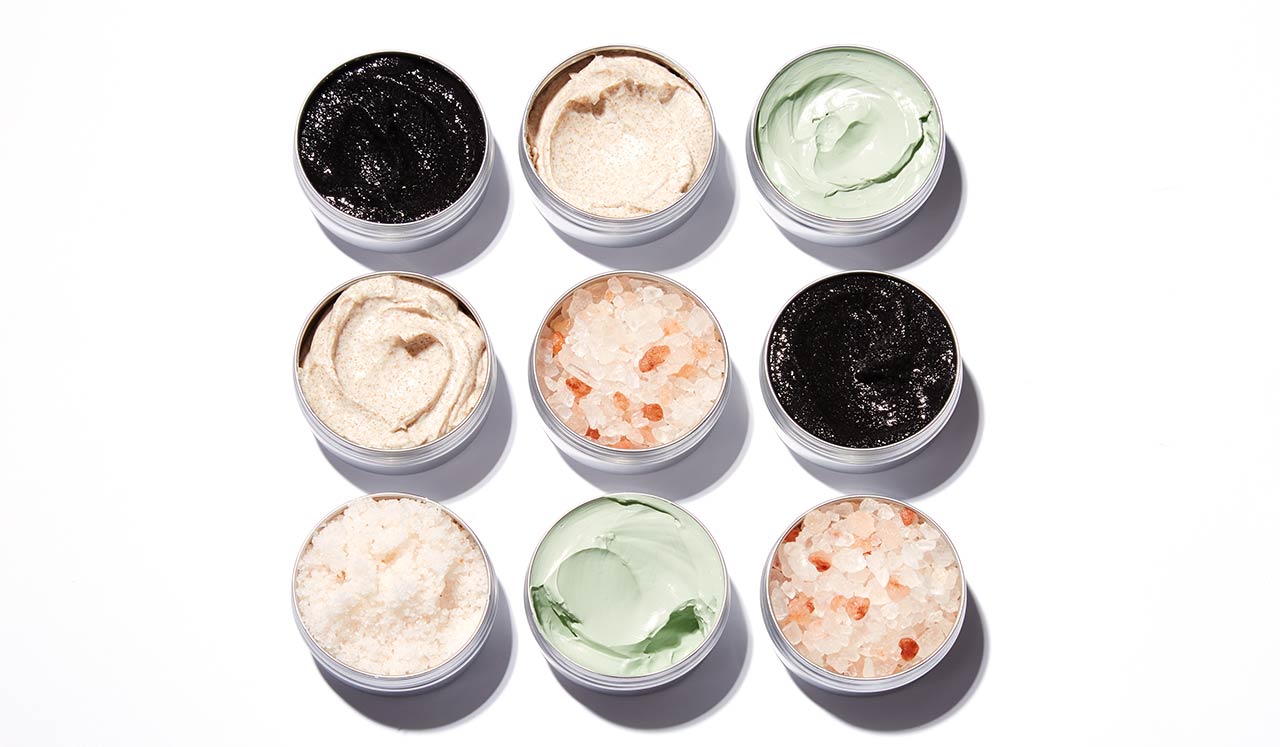Shoulda, coulda, woulda. When it comes to your health, you don’t want to wake up mid-life with regrets – or worse, a medical crisis. The time to act is now. Your age dictates the issues, tests and actions you need to take. Here’s what top doctors say need to be addressed during each decade:
20s
The Issue: Heart, obesity and dementia
The Action: Start moving, with at least 30 minutes five times weekly of cardiovascular activity such as walking, running or bicycling. Ditch bad habits from college: smoking, drinking to excess and binging on pizza and junk food. Improve your sleep hygiene by sleeping at set hours, turning off cells, laptops and TVs two to three hours before bed. Address depression promptly, as it feeds obesity and heart disease – and cuts dementia risk as much as 50% five to six decades later, says Dr. Paul Schulz, director of Memory Disorders and Dementia Clinics at The Mischer Neuroscience Institute, and Memorial Hermann Hospital. A helmet when skiing or biking helps avoid concussions, which hike dementia risk.
The Test: Have those heart disease factors checked at least once in your 20s and then every five years: cholesterol, glucose, triglycerides, homocysteine and blood pressure, says Dr. Sanjay Maniar, cardiologist at Memorial Hermann Southwest Heart & Cardiovascular Institute. “Making the right decisions in your 20s and 30s helps prevent heart attacks later in life.” If you’re overweight or have concerning numbers, focus on improving them via a healthy lifestyle.
The Issue: STIs, cervical cancer and infertility.
The Action: Stay up on vaccines, including getting a three-shot series at age 26 or earlier for HPV, a sexually-transmitted infection that raises risks of cervical, head and neck cancers, says Dr. Charles Whitehead IV, family medicine doctor at Memorial Hermann Medical Group at Memorial City.
The Test: Regardless of sexual activity, get your first pap smear, a screening for cervical cancer, at age 21 and then every three years, unless results are abnormal. Also get tested with each new sexual partner for HIV, syphilis, chlamydia and gonorrhea, the latter of which can lead to infertility.
30s
The Issue: Osteoporosis
The Action: At age 20, you have 90% of your bone mass – and it starts falling in your 30s. So aim for a diet or supplements of 1,200 milligrams of calcium and 1,000 IUs of vitamin D daily. A side bonus: improved sleep, says Dr. Whitehead. Address painful or heavy menstrual periods, as they may signal polycystic ovary syndrome or fibroids, which may affect ability to get pregnant. And if you are trying, a multivitamin with folate can help prevent spina bifida and other birth defects. Make sleep a priority, as hormonal and physical changes of pregnancy rob you of Zzzs when you need them most. And if you smoke or have diabetes, hypertension or family history of those heart disease traits, address them now.
The pound creep often starts in your 30s. Stop it now, says Dr. Schulz. “At age 40, if you have a 35-inch or greater waist circumference, the higher your risk for dementia. Treating hypertension, blood glucose and cholesterol becomes critical.”
The Test: Get screened annually for blood pressure, diabetes and cholesterol – especially if you’re overweight. Skin cancer exams should be yearly for fair complexions and every three-to-five years for darker complexions. Your thyroid can be checked every three to five years. Every decade – or every pregnancy – you also need boosters for tetanus, diphtheria and pertussis vaccines. “You lose immunity to whooping cough with time,” Dr. Whitehead says.
40s
The Issue: Heart disease and cancer.
The Action: Stay physically active, control weight gain and check blood markers annually. Heed your body’s warnings: Not just chest, arm or jaw pain indicates heart disease in women. So do nausea, upset stomach or feeling unwell, Dr. Maniar says. “Heart attacks and strokes are the No. 1 cause of death in women.” If you don’t already do strength-training, start now to counter the gaining of weight and loss of bone mass.
The Test: Even those with regular blood sugar should be checked every three years starting at age 45, says the American Diabetes Association. Have a baseline mammogram at age 40 – or a decade before the age your mother or sister was diagnosed with breast cancer. Follow with annual mammograms, says Dr. Katherine Holzman, a family practice physician at Memorial Hermann Medical Group Cypress.
50s
The Issue: Colon, breast and other cancers, also shingles.
The Action: Reduce portions and calorie consumption by 10% to maintain your weight. Alert your doctor of any chest pain, shortness of breath or heart palpitations, so your risk of heart disease can be evaluated via stress testing or heart-related imaging.
The Test: Have your first colonoscopy at age 50 or earlier — by a decade — if your parent or sibling was diagnosed with colon cancer. If results are normal, you can wait another eight to 10 years. Those found to have pre-cancerous polyps will need to talk with their doctor about more frequent colorectal exams. Mammograms can be stepped up to annual, as you and your gynecologist choose, and remain annual through your 60s. If you smoke more than 30 packs annually or have done so within the last 15 years, start yearly low-dose CT scans of the lungs for lung cancer. Dr. Whitehead recommends a CT Scan of the heart to determine a calcium score. Zero indicates a low risk of blocked arteries, while those with a score over 400 should see a cardiologist promptly. Consider a shingles vaccine in this decade, to avoid a painful virus.
If you’re slender or have a family history of osteoporosis or its precursor, osteopenia, have your first bone density screening (DEXA).
60s
The Issue: Osteoporosis, shingles and pneumonia
The Action: At 65 get the PREVNAR 13 vaccine and at 66 get a PNEUMOVAX 23 vaccination to lower your risk of the pneumococcal bacteria causing potentially deadly pneumonia and blood, brain and spinal cord infections. “It’s important to have both vaccines,” Dr. Whitehead says. Pneumonia is the top cause of vaccine-preventable deaths in America, according to the U.S. Centers for Disease Control and Prevention. During your 60s, get the new SHINGRIX vaccine against the painful Shingles virus that also causes chicken pox. Your doctor should review your medications since the body’s ability to process them diminishes, starting in your 60s. Don’t slack off on exercise, Dr. Schulz says. Walking more than 4,000 steps a day can improve mental skills in adults ages 60 and older, reports a recent study in the Journal of Alzheimer’s Disease.
The Test: In with the new, out with the old: if you’ve yet to have a bone density scan, have your first at 65 and then alternate years. And if you’ve had healthy pap smears, you can stop taking them at age 65. But continue mammograms yearly and colonoscopies every five to 10 years. Your doctor should be alert to forgetfulness or depression.
Your stroke and heart disease risks climb in the 60s and beyond, so your doctor should check your glucose, blood pressure and cholesterol levels, says Dr. Girdhar Vedala, a cardiologist at Memorial Hermann Medical Groups in Conroe and The Woodlands.
70s and Beyond
The Issue: Flu, chronic pain, excess medications
The Action: Annual flu shots are vital. “The no. 1 cause of morbidity after age 75 is flu and flu-related complications,” says Dr. Megha Tewari, family practice and geriatrics physician at Memorial Hermann Medical Group Imperial Oaks in Spring. Work with your doctor to whittle down your supplements and medications. “The American Geriatrics Society recommends patients above age 75 should be on fewer than nine medications, vitamins and supplements,” says Dr. Tewari. “People with diabetes or COPD may have four to five medicines for the heart alone. It’s a big challenge to get medications down to acceptable levels.”
With advanced age, slowed function of the liver, which metabolizes many drugs, and the kidneys, which excrete them, means you may need smaller or less frequent doses of drugs, Dr. Tewari says. “Certain medications, such as those for urinary incontinence, anxiety or sleep, might cause confusion or lead to falls.”
The Test: In your 80s and beyond, poor nutrition, dehydration, infection or uncontrolled chronic pain may cause memory issues that might be attributed incorrectly to Alzheimer’s. “A thorough workup can make sure symptoms are not from something simple we can fix,” she says. Fortunately goals for blood pressure and diabetes are eased at this age since too low numbers are more harmful than slightly elevated numbers, Dr. Tewari says. So the blood pressure goal rises from 120/80 to 150/90 mm Hg, and for blood sugar levels, the ideal Hemoglobin A1C rises from 5.7 to 8.0.
After age 75, you no longer need mammograms unless you’ve had abnormalities in the past.
Get Your Daily Dose of Health & Wellness
Sign up to receive the latest articles in your inbox.


